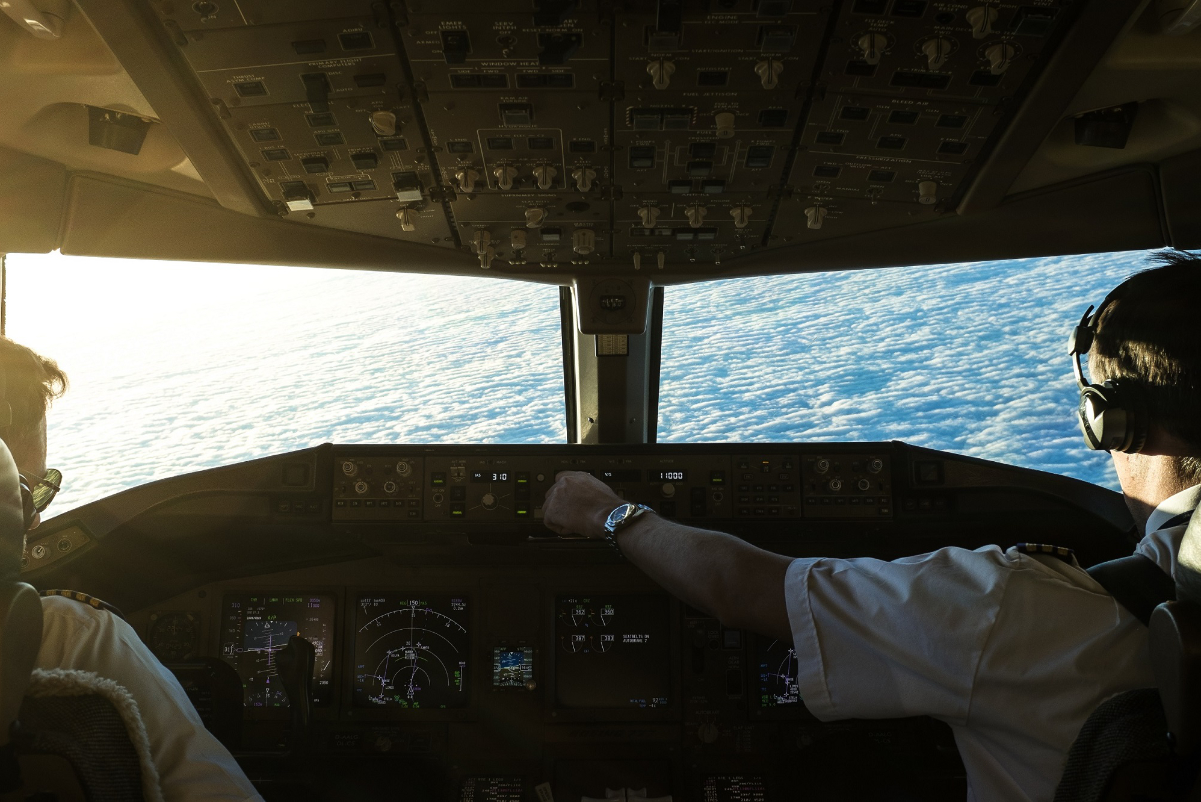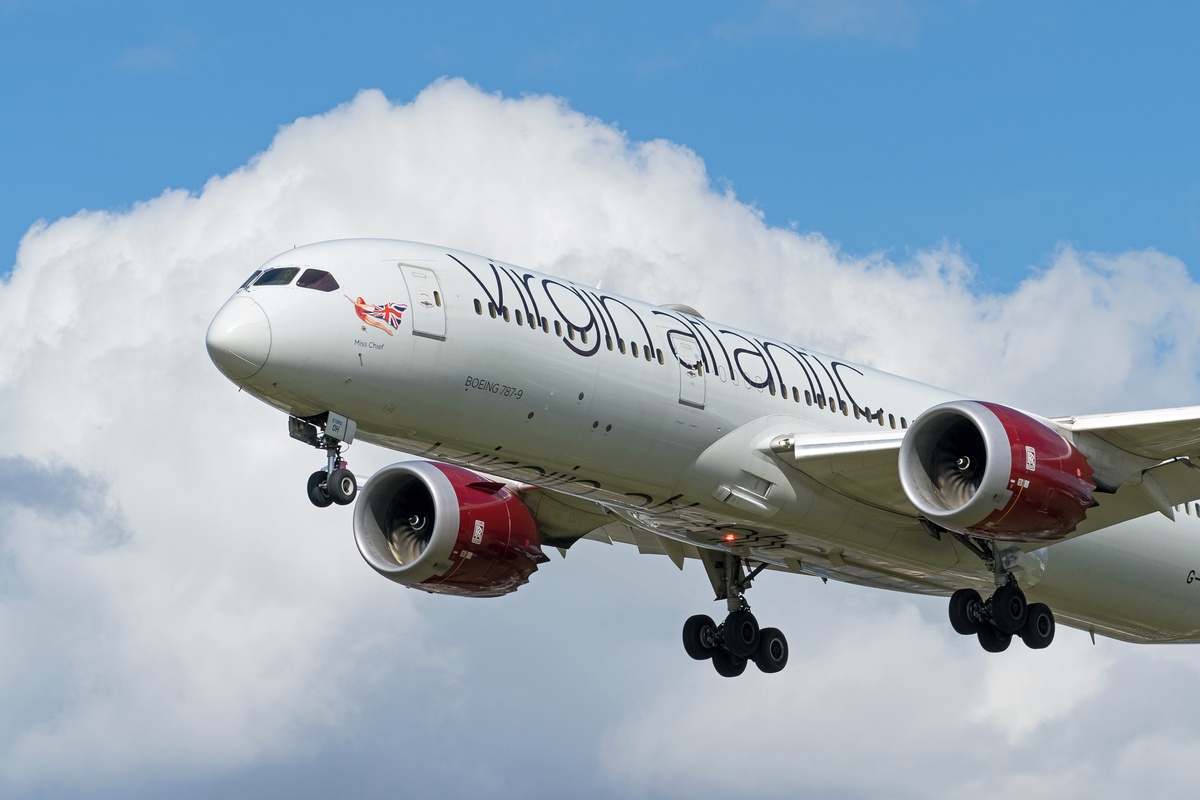Pilot Mental Health Treatment is 'Broken.' A Fix May be Coming.

Skift Take
U.S. airline pilots who feel they need treatment for depression face a tough choice: Disclose it, and face months or more than a year of evaluation and no flying. Or do nothing, and risk a mental health crisis that endangers themselves and others.
The Federal Aviation Administration is now considering a change. “I think it’s time for a refresh," FAA Administrator Mike Whitaker said Monday, referring to the mental health rules. "Our focus is certainly going to be on safety in the cockpit, but I think we need to have a system that allows people to be more forthcoming and have treatment for issues that shouldn’t keep you out of the cockpit.”
Joseph Emerson, the Alaska Airlines pilot who nearly brought down a plane in October while suffering a mental health crisis, said that he had experienced depression-like symptoms since the death of a friend in 2018 — some five years before the incident.
“A lot of us aren’t as forthcoming as we otherwise would be,” Emerson told The New York Times about his hesitancy to seek treatment. He cited the lengthy FAA process among reasons he hesitated.
While incidents like what happened with Emerson are extremely rare, studies have found that many commercial airline pilots experience some form of mild depression. A widely-cited 2016 Harvard study put the number at 12.6% of all pilots.
Whitaker, who was confirmed to the job in October, has already announced the formation of a new committee to evaluate mental health rules and recommend potential changes.
But change takes time and few expect imminent improvements to what the Inspector General found was a "comprehensive," if slow, system.
Many Pilot Mental Health Issues Go Unreported
Say pilots choose to take one of five FAA-approved common antidepressant drugs. They must be on it for at least six months before they can apply for a medical certificate to return to the skies, according to a July report from the U.S. Department of Transportation's Office of Inspector General. Then, it takes an average of 138 days before they can expect a decision from the FAA.
“FAA’s ability to mitigate safety risks is limited by pilots’ reluctance to disclose mental health conditions," the DOT's Inspector General found. "Primary factors that discourage pilots from reporting their mental health conditions are the stigma associated with mental health, potential impact on their careers, and fear of financial hardship.”
The "amount of time it takes to complete the medical certification process" was also cited by the Inspector General as a reason pilots hesitate to seek treatment and report mental health issues.
Most commercial airline pilots have disability benefits that cover mental health treatment and can ease the financial hardship of being grounded. However, the period of those benefits based on the airline ranging from nothing to the individual's entire career.
A Mental Health Evaluation Process in Need of Reform
“The FAA process is broken," one pilot who would not speak on the record for fear of career reprisals said of the FAA's mental health rules. To seek basic mental health care, pilots must play a "game of navigating" the agency's rules, and even then face a lengthy period outside of the cockpit.
Their view echoed the crux of the Inspector General's recommendation to the FAA: To address the issue of pilot mental health, the agency needs to address the "barriers that may discourage pilots from disclosing and seeking treatment." And to be clear, OIG broadly affirmed the FAA's mental health rules with its recommendations primarily focused on how those rules are viewed by pilots and implemented.
The FAA, in its response to the report, agreed with the recommendations and said it was taking action to address them.
"The Federal Air Surgeon has made breaking down barriers to seeking mental health care and full disclosure a high priority," Erika Vincent, the FAA's acting director of the office of audit and evaluation, said in a June letter responding to the Inspector General's report. The FAA's air surgeon leads the department of aerospace medicine that oversees the pilot mental health system.




